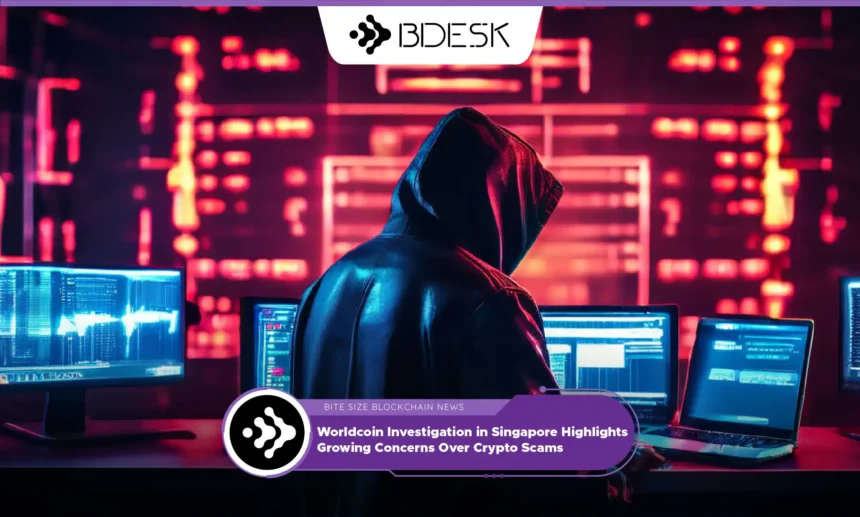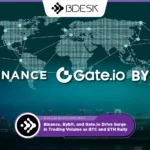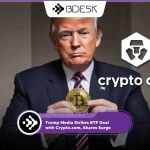Worldcoin Investigation in Singapore
On Monday, Singapore’s Deputy Prime Minister Gan Kim Yong announced that the Singapore Police Force is investigating seven individuals suspected of engaging in services related to the buying and selling of Worldcoin accounts and tokens. This investigation comes after possible violations of the 2019 Payment Services (PS) Act, which governs payment services and digital payment tokens in Singapore. While Worldcoin does not qualify as a payment service under the PS Act, individuals involved in these illicit activities could be offering an unauthorized payment service.
The Deputy Prime Minister emphasized the importance of staying vigilant against offers to give up control of digital payment token wallets or World IDs, as these accounts are vulnerable to misuse by third parties. The investigation is part of Singapore’s ongoing efforts to protect consumers and ensure that crypto-related activities comply with local laws.
Initial Arrests and Seizures
Last month, five individuals were arrested for allegedly providing services to buy and sell Worldcoin accounts and tokens. Early investigations revealed that three men were involved in recruiting people on behalf of different entities to create Worldcoin accounts. After gaining access to these accounts, they transferred control of them, along with the associated tokens, in exchange for cash. These assets were then passed on to a fourth man and a woman, who are believed to have managed the transactions. In connection with the investigation, the police seized over 200 mobile phones as evidence, underscoring the scale of the operation.
What is Worldcoin?
Worldcoin officially launched on July 24, 2023, and was co-founded by OpenAI CEO Sam Altman. The project aims to provide users with a verified digital identity and a cryptocurrency token called Worldcoin (WLD). The platform uses a sophisticated biometric scanning technology, primarily iris scanning, to create secure and unique identification codes for users. These codes are stored on a decentralized blockchain, ensuring they cannot be replicated or used for fraudulent purposes.
Growing Concerns Around Worldcoin
While Worldcoin’s vision may seem innovative and future-forward, the project has also attracted criticism and concerns over privacy and security. Its use of biometric data, particularly iris scans, has raised alarms among privacy advocates who worry about how such sensitive data might be stored, managed, and potentially exploited. Furthermore, as the Singapore case shows, there is growing evidence of illicit activities surrounding the buying and selling of Worldcoin accounts and tokens, indicating that the project may be vulnerable to misuse.
Where is Worldcoin From?
Worldcoin was co-founded by Sam Altman, a prominent figure in the tech world, known for his leadership role at OpenAI. The project is based in San Francisco, California, but it has rapidly expanded to multiple countries around the world. Its global reach has been both a strength and a challenge, as it faces varying degrees of regulatory scrutiny in different regions.
Crypto Regulation and Legality in Singapore
The case surrounding Worldcoin highlights the broader issue of crypto regulation in Singapore. The country has positioned itself as a forward-thinking hub for financial innovation, including blockchain and cryptocurrencies. However, it has also implemented robust regulatory frameworks to ensure that digital assets are used in a responsible and legal manner.
Is Crypto Legal in Singapore?
Yes, cryptocurrency is legal in Singapore, but it is subject to regulation by the Monetary Authority of Singapore (MAS) under the Payment Services Act. The MAS has established clear guidelines for businesses that wish to offer crypto-related services, including exchanges, wallets, and payment solutions. These regulations are designed to ensure the safety and security of users while preventing money laundering, terrorist financing, and other illicit activities.
For example, any business that provides services involving digital payment tokens (DPTs)—which include cryptocurrencies like Bitcoin and Ether—must obtain a license from MAS. The recent investigation into Worldcoin-related activities suggests that Singapore is taking a firm stance against unauthorized services that involve digital assets, especially those that might pose risks to consumers.
How to Apply for a Crypto License in Singapore
If you’re looking to establish a crypto business in Singapore, obtaining a license is a crucial step to operate legally. The process of applying for a crypto license in Singapore involves several key steps:
- Determine Your Business Type: The first step is to assess which type of crypto service your business will provide. Under the Payment Services Act, businesses that offer services related to digital payment tokens, such as crypto exchanges or wallets, need to obtain the relevant license from MAS.
- Submit an Application: Once you have determined your business type, you must submit an application to MAS. This involves providing detailed information about your company’s operations, structure, and compliance with anti-money laundering (AML) and counter-terrorism financing (CTF) requirements.
- Compliance Review: MAS will conduct a thorough review of your business model and operations to ensure that you comply with all regulatory standards. This step is critical to ensuring that your business operates legally and protects its users.
- Obtain the License: If your application is successful, MAS will issue the relevant crypto license, allowing you to operate legally in Singapore.
Disclaimer:
The information provided on 13Desk is for informational purposes only and should not be considered financial advice. We strongly recommend conducting your own research and consulting with a qualified financial advisor before making any investment decisions. Investing in cryptocurrencies carries risks, and you should only invest what you can afford to lose. 13Desk is not responsible for any financial losses incurred from your investment activities.
Read who is fundraising











